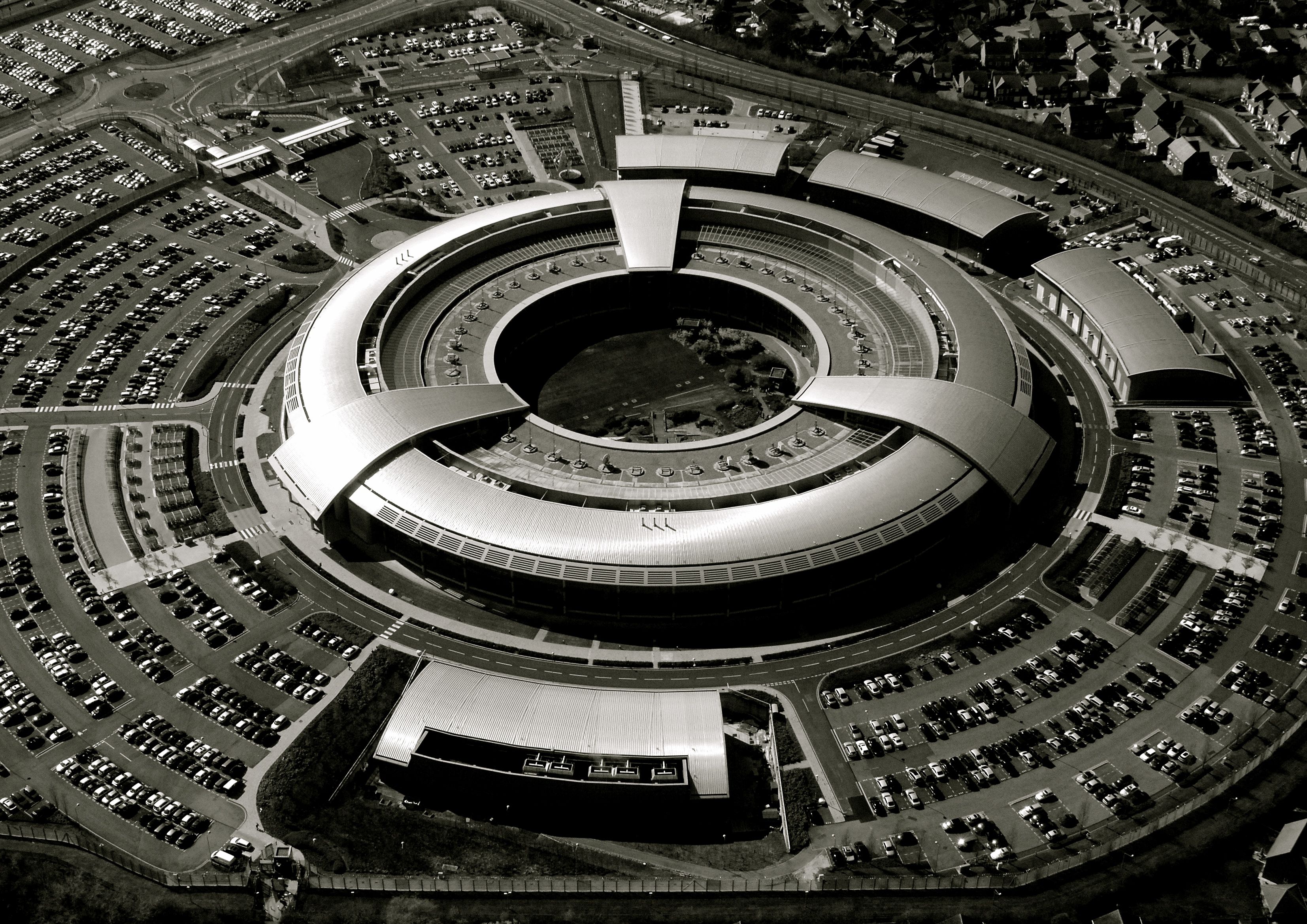
07 Nov Hearing at European Court of Human Rights in UK mass surveillance case
The European Court of Human Rights is holding a relatively rare oral hearing in a case brought by four DPG clients – Open Rights Group, Big Brother Watch, English PEN and Dr Constanze Kurz – alongside other organisations challenging UK government internet surveillance programmes.
On Tuesday 7 November 2017, three joined cases brought by civil liberties and human rights organisations challenging UK Government surveillance will be heard in the European Court of Human Rights (ECtHR).
Big Brother Watch and Others v UK will be heard alongside 10 Human Rights Organisations and Others v UK and the Bureau of Investigative Journalism and Alice Ross v UK, four years after the initial application to the ECtHR.
Big Brother Watch, English PEN, Open Rights Group and Dr Constanze Kurz made their application to the Court in 2013 following Edward Snowden’s revelations that UK intelligence agencies were running a mass surveillance and bulk communications interception programme, TEMPORA, as well as receiving data from similar US programmes, PRISM and UPSTREAM, interfering with UK citizens’ right to privacy.
The case challenges the legality of the indiscriminate surveillance of UK citizens and the bulk collection of vast amounts of their personal information and communications by UK intelligence agencies under the Regulation of Investigatory Powers Act 2000 (RIPA). The UK surveillance regime under RIPA was untargeted, meaning that UK citizens’ personal communications and information was collected at random without any element of suspicion or evidence of wrongdoing, and this regime was effective indefinitely.
The surveillance regime is being challenged on the grounds that there was no sufficient legal basis, no accountability, and no adequate oversight, and that as a result, it infringed UK citizens’ Article 8 right to a private life.
In 2014, the Bureau of Investigative Journalism made an application to the ECtHR, followed by 10 Human Rights Organisations and others in 2015 after they received a judgment from the UK Investigatory Powers Tribunal. All three cases were joined together, and the Court exceptionally decided that there would be a hearing, which is taking place tomorrow.
The result of these three cases has the potential to impact the current UK surveillance regime under the Investigatory Powers Act 2016. The UK’s data retention regime has already been strongly criticized by the Court of Justice of the European Union in the case of Watson. A favourable judgment in this case will finally push the UK Government to constrain wide-ranging surveillance powers, implement greater judicial control and introduce greater protection such as notifying citizens that they have been put under surveillance.
Daniel Carey of Deighton Pierce Glynn, solicitor for Big Brother Watch, Open Rights Group, English PEN and Constanze Kurz, said:
“Historically, it has required a ruling from this Court before improvements in domestic law in this area are made. Edward Snowden broke that cycle by setting in motion last year’s Investigatory Power Act, but my clients are asking the Court to limit bulk interception powers in a much more meaningful way and to require significant improvements in how such intrusive powers are controlled and reported.”
